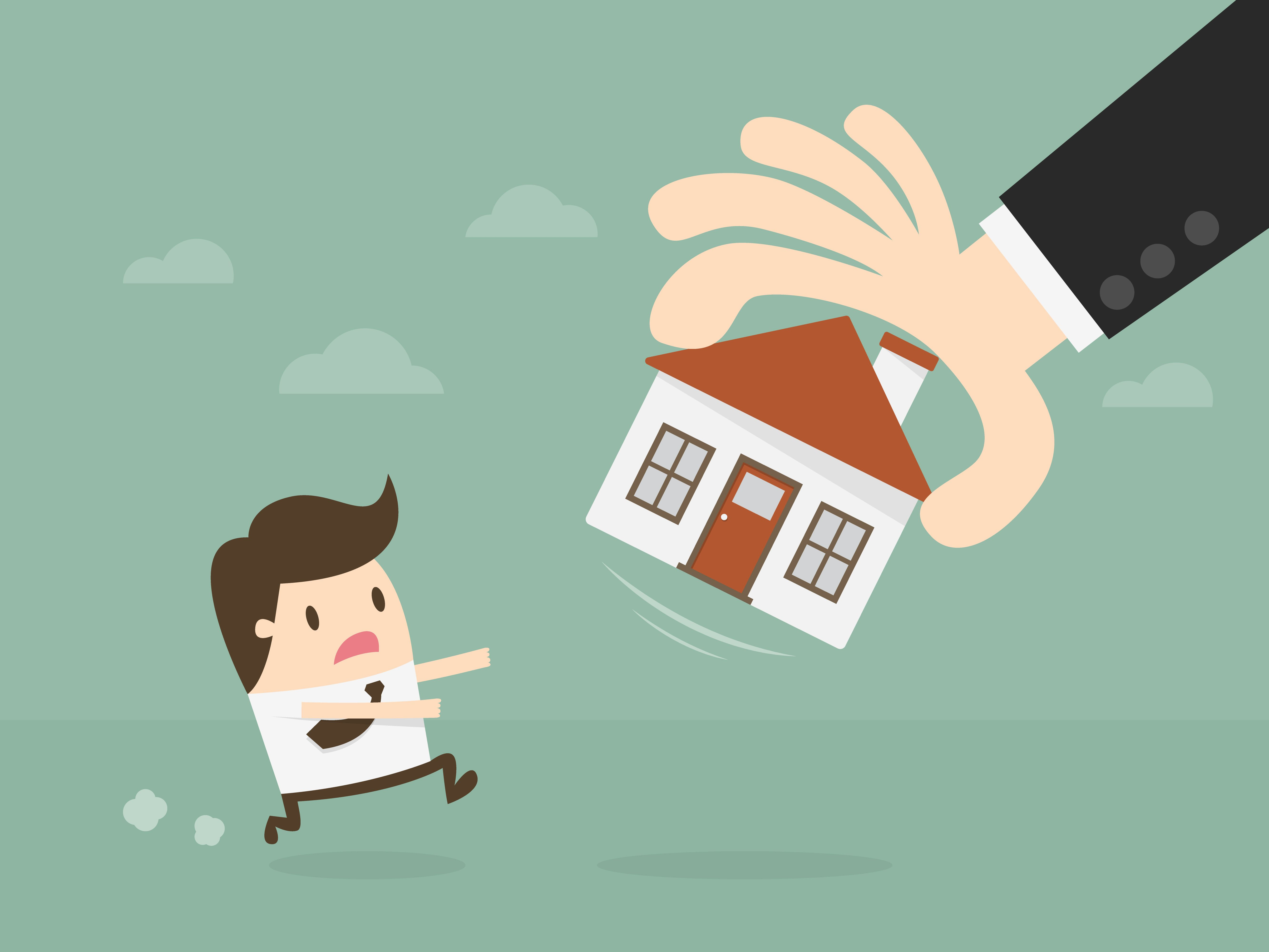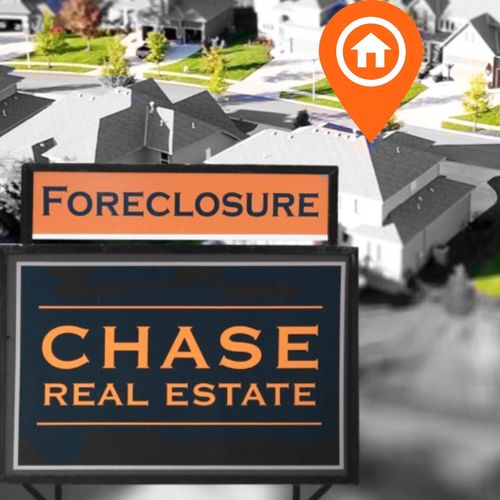Foreclosed properties often attract potential homebuyers and real estate investors due to their significantly lower prices compared to the market value. However, while these properties may seem like a bargain, they come with their own set of challenges. This article will delve into what is buying a foreclosed home and the potential disadvantages that you may encounter along the way.
Understanding Foreclosure
Before we dive into the drawbacks, it’s essential to understand what is buying a foreclosed home. A foreclosure occurs when a homeowner defaults on their mortgage payments, leading to the lender seizing and selling the property to recover its losses. These properties are often sold at auctions or directly through banks at prices much lower than their actual market value.
Potential Disadvantages of Buying a Foreclosed Property
1. Unpredictable Property Conditions
One of the most significant risks associated with buying foreclosed homes is their unpredictable condition. Since these properties have been repossessed due to non-payment of mortgage loans, there’s a high chance that previous owners were unable to maintain them properly.
In some unfortunate cases, disgruntled homeowners might intentionally damage the property before leaving. As most foreclosures are sold “as-is,” buyers inherit all existing problems, which can lead to costly repairs and renovations.
2. Complex and Lengthy Purchase Process
Another disadvantage of buying a foreclosed property is dealing with a complex and time-consuming purchase process. Unlike traditional real estate transactions where you negotiate with homeowners directly or through real estate agents, in foreclosure sales, you deal with banks or government institutions.
These entities often have strict procedures and lengthy paperwork requirements that can prolong the purchase process. Additionally, since banks aim to recover as much money as possible from these sales, they might not be as flexible in negotiations as individual sellers would be.
3. Risk of Additional Costs
When considering what is buying a foreclosed home, it’s crucial to factor in potential hidden costs. These can include unpaid taxes, liens, or homeowner association dues that the new owner will be responsible for.
Moreover, if the property is in a state of disrepair, you might need to invest significantly in renovations and repairs before it’s habitable or sellable. These additional costs can quickly add up and diminish the initial savings you might have gained from purchasing a foreclosed property.
4. Uncertainty and Competition
Foreclosed properties are often sold at auctions where the highest bidder wins. This competitive environment can drive up prices and make it harder for you to secure a good deal.
Additionally, there’s always an element of uncertainty involved in auctions as you’re usually not allowed to inspect the property thoroughly before bidding. This lack of transparency can lead to unexpected issues down the line.
Conclusion: Is Buying a Foreclosed Property Worth It?
While buying a foreclosed home can seem like an attractive opportunity due to lower prices, it’s essential to consider the potential disadvantages that come with it. Unpredictable property conditions, complex purchase processes, hidden costs, and competition are just some of the challenges you might face.
Therefore, if you’re considering this route, ensure that you conduct thorough research and possibly enlist professional help. This is where Chase Real Estate comes in. We have a system to help investors make investing predictable and repeatable.
Remember that while every investment comes with its own set of risks and rewards, being informed about what is buying a foreclosed home will equip you with knowledge to make sound decisions on your path towards homeownership or real estate investment.


